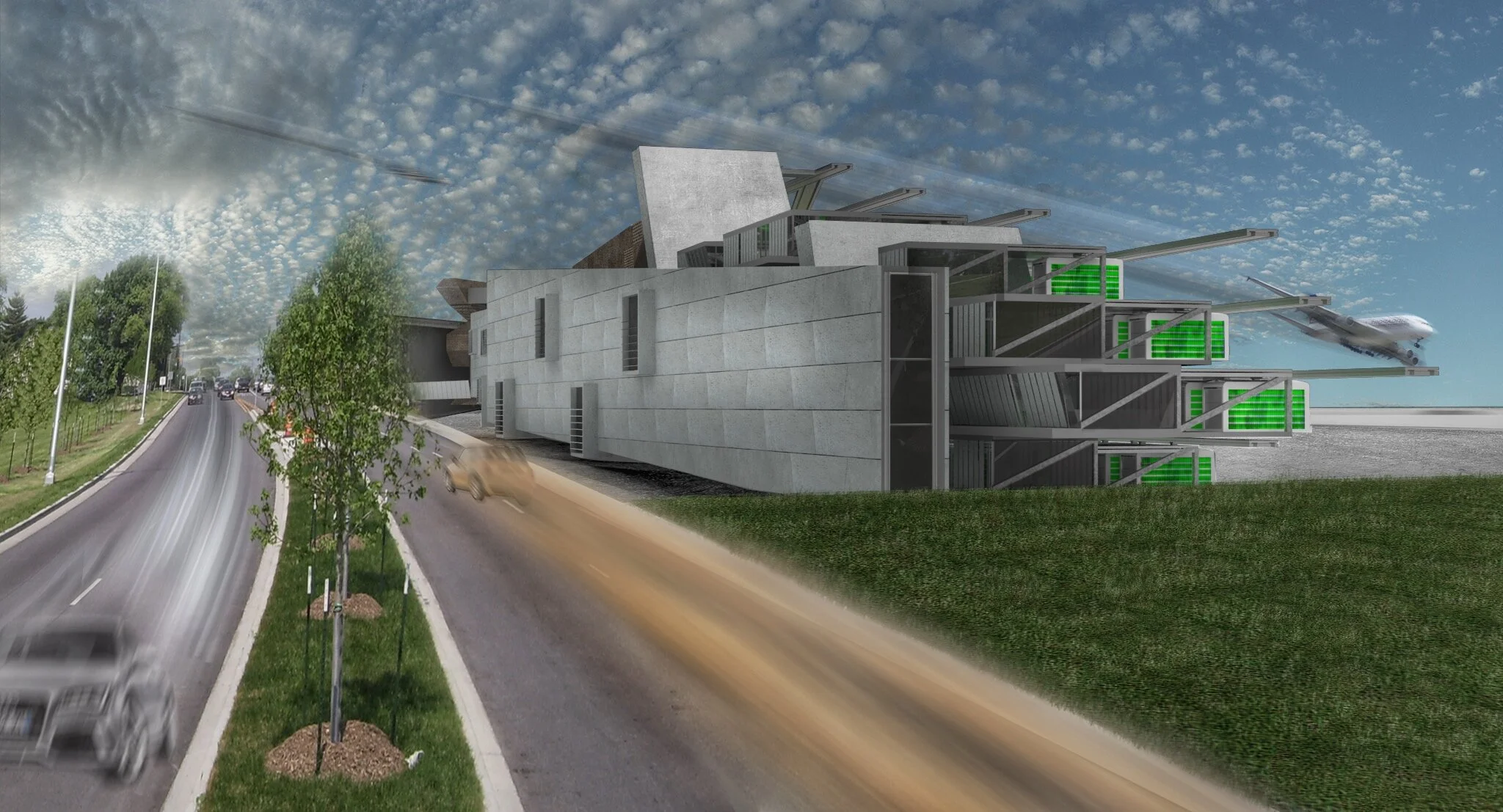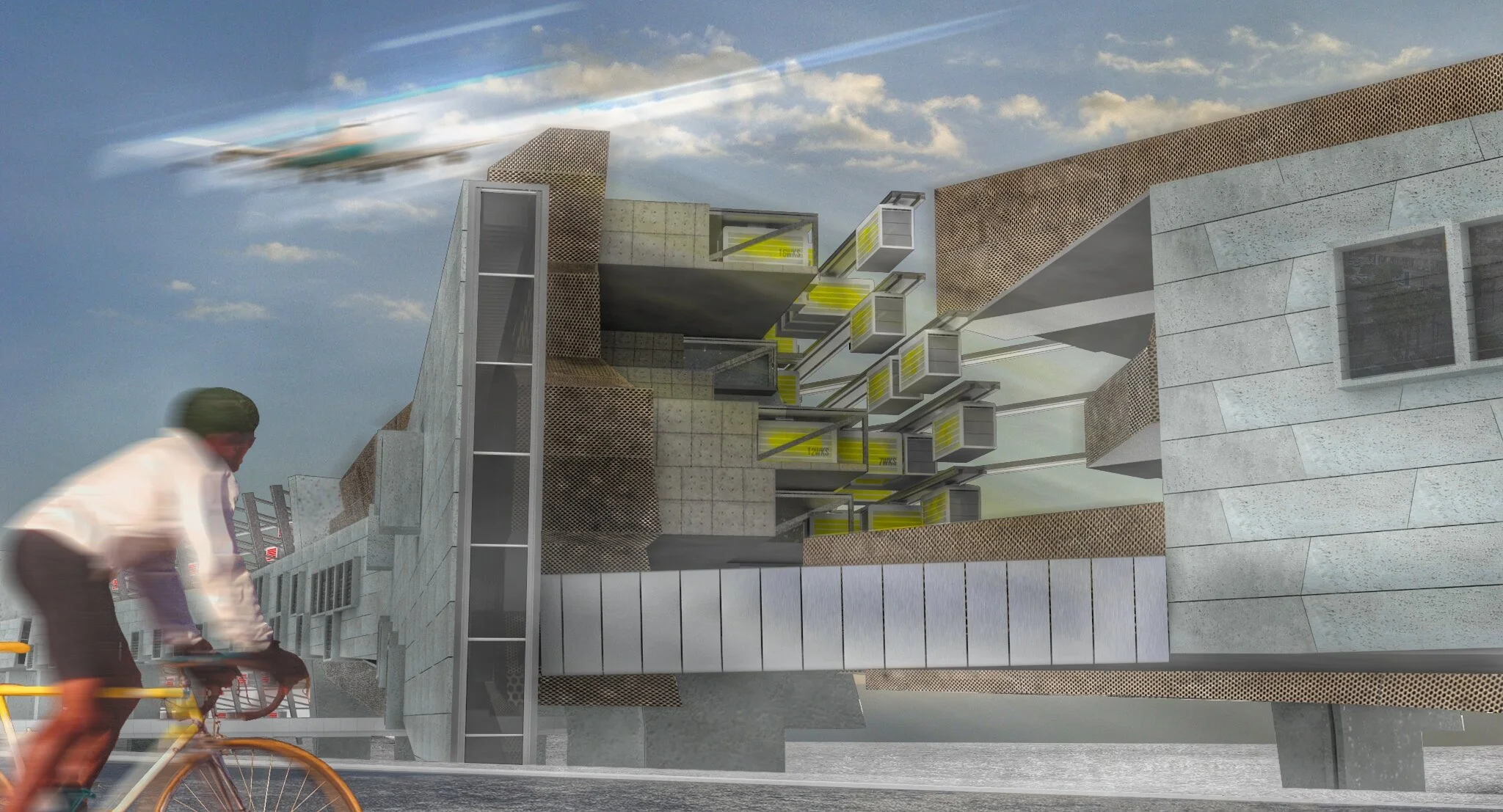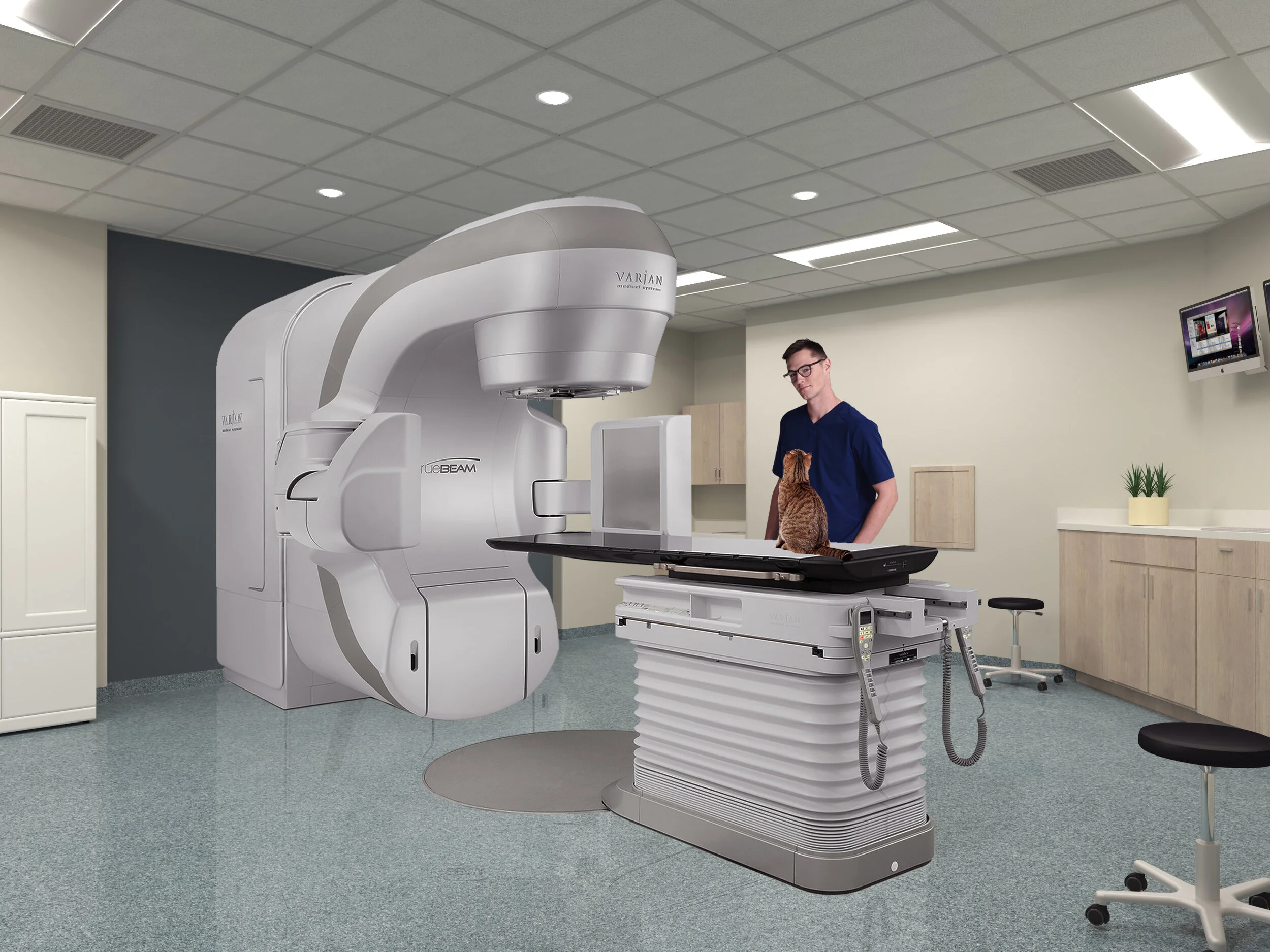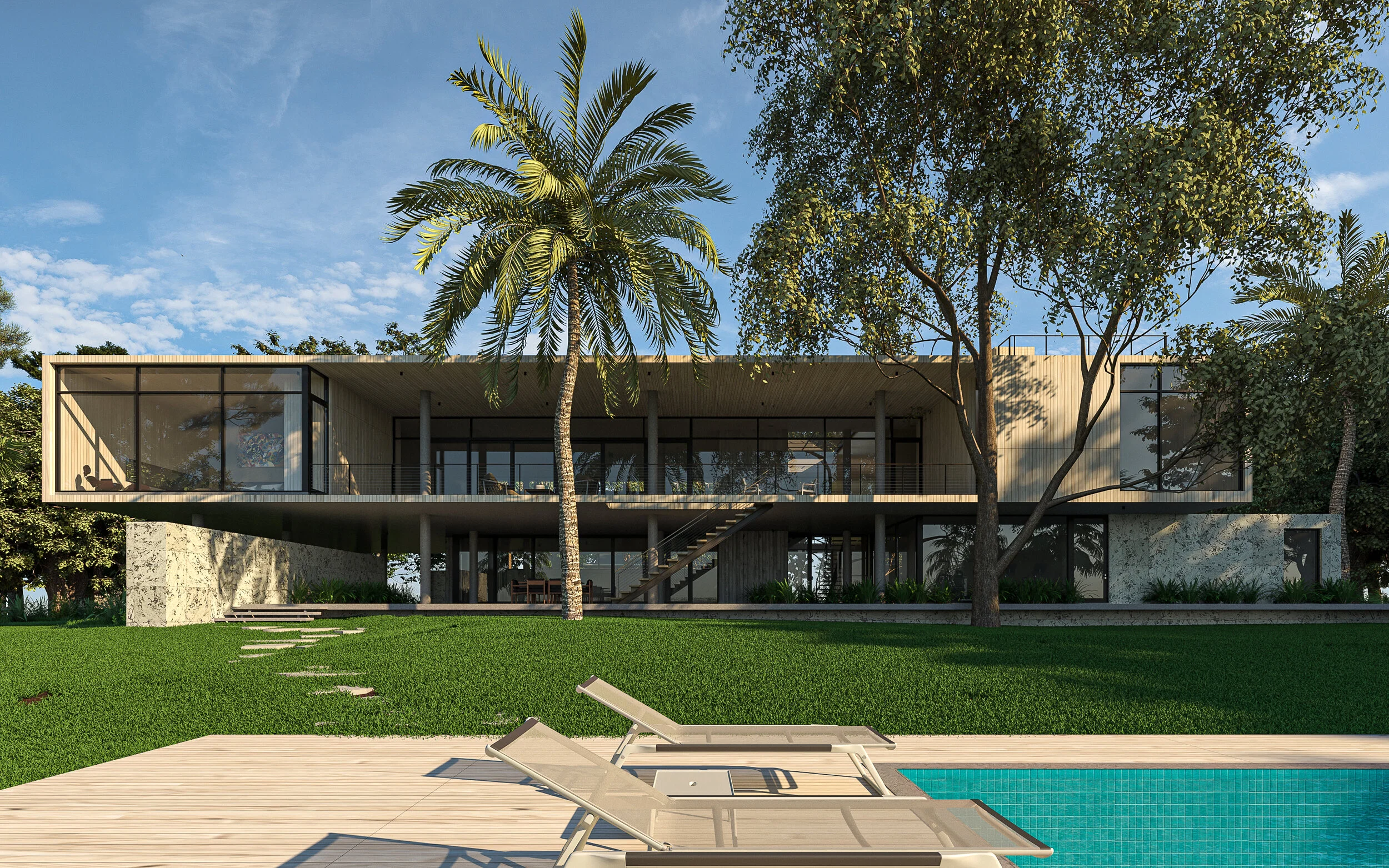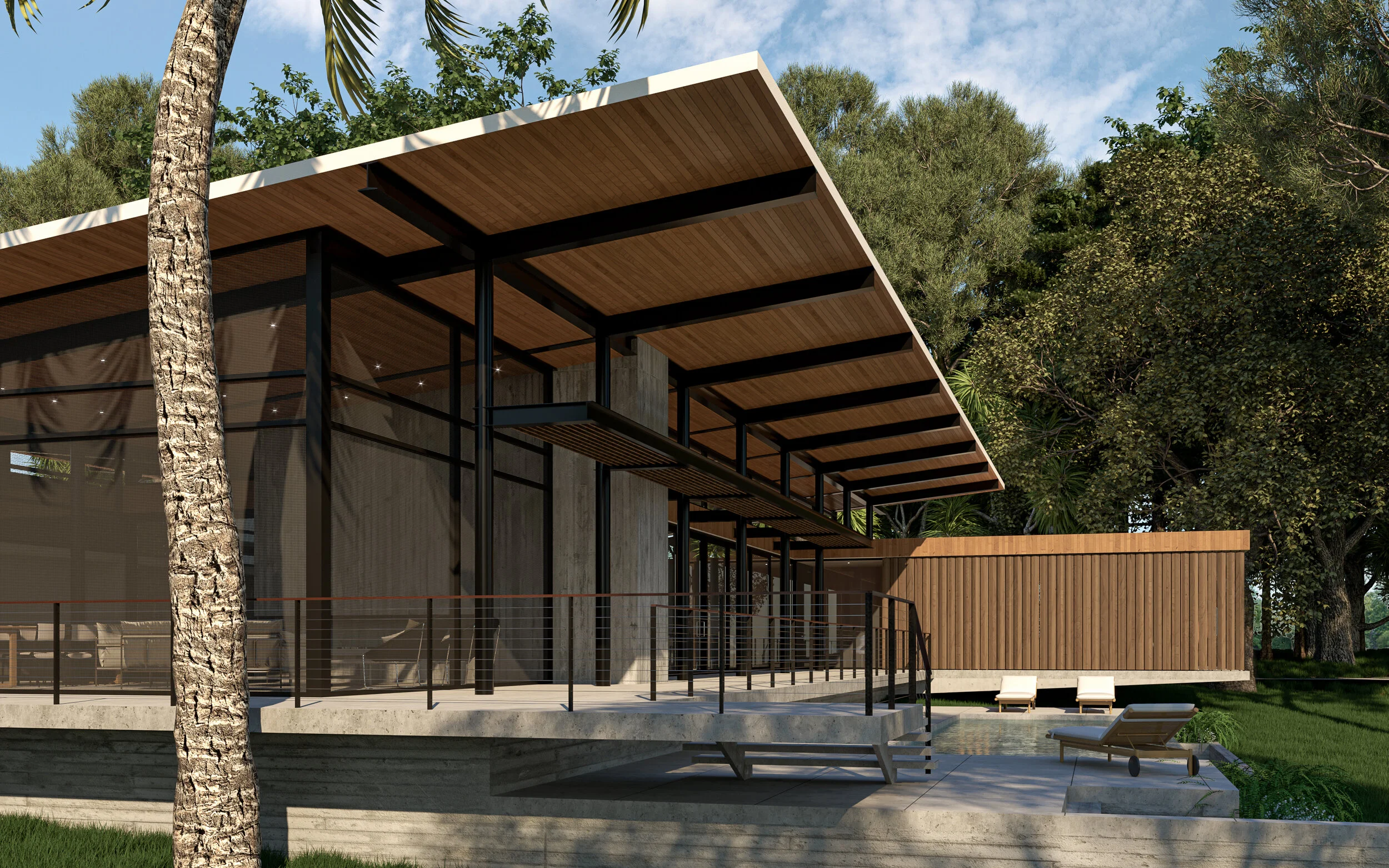A Decade Of Frame Buffers
As the first piece of content, I thought it would be fun to create a page recapping the last 10 years of my rendering history. This is the first time I have seen almost every image I’ve ever done (mostly) chronologically organized all in one place rather than folders scattered about.
It was 2010. I still remember standing in my parents’ kitchen late one night talking to my dad. I’d just gotten home from spending two months doing a summer studio in New York City and was going on about the highlights as they came to me. I showed him the rendering I’d done for my project and then proceeded to show him the work of inspiring professionals at CGarchitect. Even though I’d seen so many wonderful things in the city that summer, the projects I’d stumbled upon on that website while doing research were just as influential in many ways. I told him that was my goal and he encouraged me to pursue it.
I would spend the next few weeks leading up to the new semester earning money and learning about computer parts in order to build my first desktop. This would officially begin the journey that would lead to muchcattle and ultimately to where I am today.
THE EDU YEARS
Studying architecture at Clemson University was my first exposure to the word “rendering” after learning both Sketchup and Photoshop in one of the intro courses. Eventually we were asked to combine our knowledge of the two programs to create a graphically appealing image–AKA a “rendering”. Without really understanding whyvisualization was important, I completed the exercise with one of the worst images in the class. That said, I probably had the most fun of anybody. Adding bright colors, a clown, the Goodyear blimp, and of course… a cow… to my bleak brick box was one of the more important design exercises of undergrad. Fortunately, I w0uld also improve as my design process developed and my software toolbox expanded into Rhinoceros, Artlantis, 3ds Max, and Vray.
THE FIRM YEARS
Since graduating with a masters degree, I’ve worked at a handful of firms over the last 6 years. One of my proudest moments was rendering an image for a competition at Richard Meier’s office in which we went up against Norman Foster and OMA for a project in England. Unfortunately, that image was confidential. That’s kind of the downside to firm work in general as the omitted images on this page are due to technicalities with prior employers.
That said, one of my longest tenures at an office was working for Stacy Norman Architects in Auburn, AL where I was able to wear many hats from conceptual design to construction administration. This meant I was privy to the entire design process and was able to see how a small firm’s needs for renderings and visualization weren’t too different from the larger firms I worked for. That said, as one of a very small pool of employees with many tasks and responsibilities, I often found myself wanting to spend more time on renderings than I had.
THE FARM YEARS
As a single guy (at the time) with relatively few responsibilities outside of the office, I decided to spend my spare time taking my rendering abilities to a new level. I would create a side hustle aimed to bring value to small firms like the one I worked at. I came up with the name “muchcattle” during church one Sunday and spent my own money on an official Vray course with Ciro Sannino where I would become certified in his 5SRW method.
THE FREELANCE YEARS
In the winter of 2016, I moved away from Alabama and back to South Carolina where I lived with my parents for a couple years. I honed my skills a good bit and began taking on work as a freelancer. Some of my work is unable to be displayed for contractual reasons, unfortunately; but one of the key connections I made through a friend’s referral was an architect based in Sarasota, FL — Damien Blumetti.
Working with Damien has been an opportunity to render the types of modern residential architecture that I’d only previously seen in magazines. The best part of this opportunity has been the support and energy from him to continue pushing what I can do to the next level as he likewise continues growing his young practice. Every project I complete sets a new standard for expectations.
THE FUTURE YEARS
2020 has been one wild ride. In addition to working a full-time office job, freelancing occassionally, dealing with COVID-19, getting married, and moving to Birmingham Alabama… I also made the leap to turning muchcattle into full-time small business.
Rendering is a huge part of what muchcattle has been for the past 4 years and an important hobby and interest in general over the past decade. That said, it’s important to keep a pulse on the industry and my other hobbies and interests as well–and there are much.
At the end of the day, I am a problem solver with many tools to express solutions. I’m not sure exactly where muchcattle will go in the future (though I have many ideas that will be explored on this website), but I do know that the people and experiences that got me to where I am today will not be forgotten and will continue to play a vital role in the next decade to come.
Thank you to everybody who played a part in every single image on this page.
